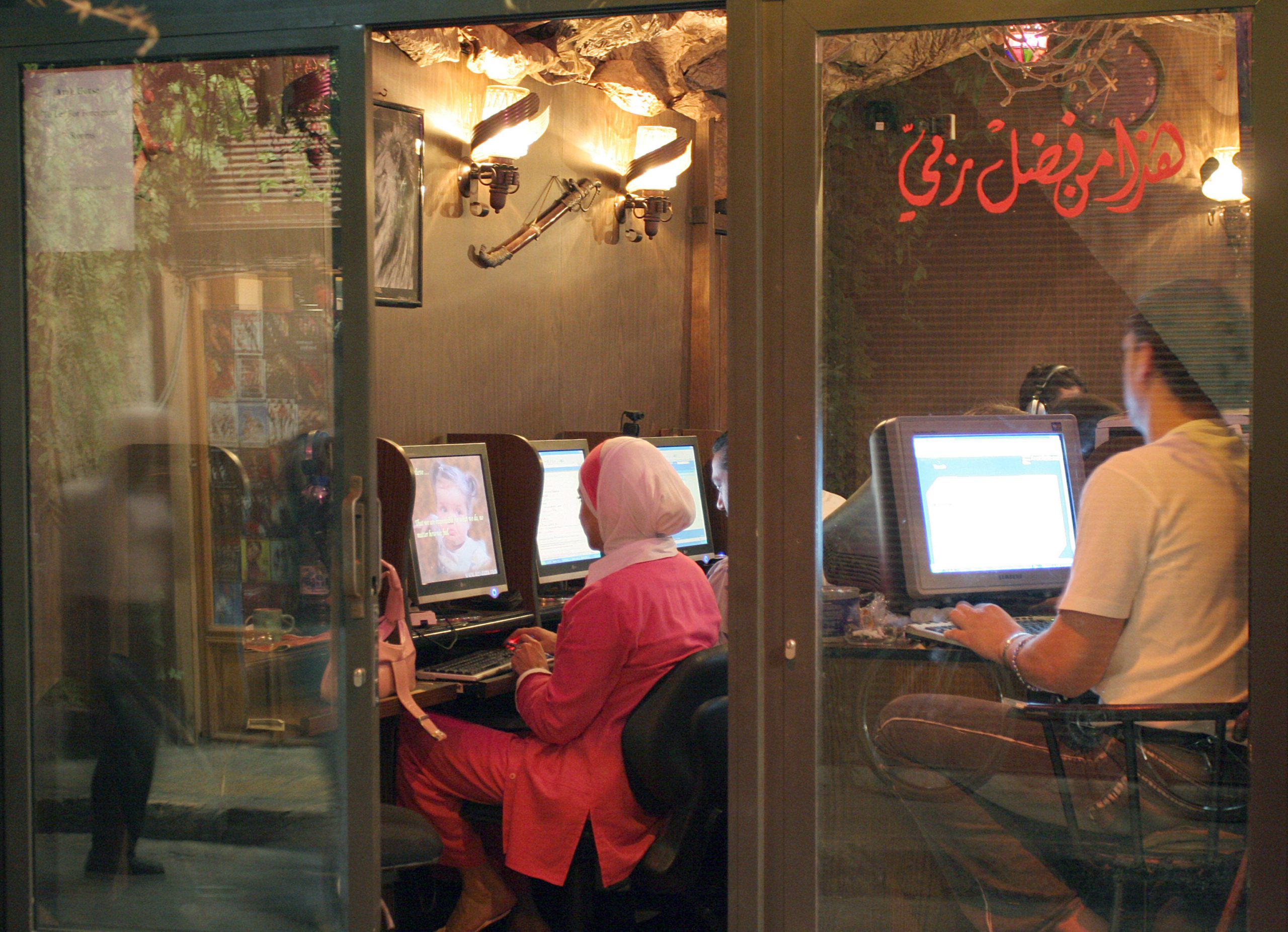Syria has become the latest country to implement new far-reaching cybercrime legislation that goes beyond what is necessary to keep the internet safe.
On 18 April, Syrian president Bashir al-Assad announced new laws that could result in harsh penalties criticising or otherwise embarrassing the Syrian government.
Anyone breaking the law can be jailed for up to 15 years and face penalties up to S£15 million (£23,000).
The highest fines and sentences are reserved for “crimes against the Constitution” and for undermining the prestige of the State including websites or content “aiming or calling for changing the constitution by illegal means, or excluding part of the Syrian land from the sovereignty of the state, or provoking armed rebellion against the existing authorities under the constitution or preventing them from exercising their functions derived from the constitution, or overthrowing or changing the system of government in the state”.
Publishing what the new law describes as “fake news…that undermines the prestige of the state or prejudices national unity” can lead to five-year jail sentences and S£10 million (£15,300) fines which seems to target bloggers and digital activists who publish criticism of the government online.
In a statement the Gulf Centre for Human Rights (GCHR) said the law could be used to violate many of the basic digital rights of citizens, especially freedom of expression and freedom of digital privacy.
It said, “GCHR believes that the law should be reviewed and its definitions defined more clearly to ensure the existence of a strong and practical law that does not violate the basic rights of citizens, but rather contributes to creating a free and accessible internet in which diverse opinions are respected and human rights are protected and promoted.”
The new law also obliges internet service providers to save internet data for all users for a period of time to be determined by the competent authorities.
The GCHR calls this “a flagrant violation of the digital privacy of citizens and provides ease of access by security services to all information related to peaceful online activists”.
The Syrian cybercrime law is just the latest in a growing body of legislation around the world ostensibly used to target cybercrime but clearly intended to stifle legitimate criticism and restrict freedom of expression.
According to the United Nations Conference on Trade and Development, 81% of countries have now implemented cybercrime legislation with a further 7% with draft legislation.
Many argue that cybercrime legislation makes the internet a safer place but many countries with human rights are under attack, including Brazil, Myanmar and the UAE, are using such legislation to silence critics.
In January, the United Arab Emirates adopted new legislation that promised fines of up to AED100,000 and jail terms of up to a year for “anyone who uses the internet to publish, circulate or spread false news, rumours or misleading information, contrary to the news published by official sources”. These penalties are doubled when publication happens “during times of pandemic, crises or disasters”
Attempts to introduce such draconian legislation are being resisted by human rights and journalism associations.
In February this year, the Pakistani government passed an ordinance amending the Pakistan Electronic Crimes Act, 2016. Of particular concern was an expansion of the “offences against dignity” section of the legislation to cover the publication of “false” information about organisations, companies and institutions, including the government and military.
However, in April, the Islamabad High Court, following challenges by the Pakistan Federal Union of Journalists and the Pakistan Broadcasters Association, threw out the ordinance. The court noted: “Freedom of expression is a fundamental right and it reinforces all other rights guaranteed under the Constitution … [and] free speech protected under Article 19 and the right to receive information under Article 19-A of the Constitution are essential for development, progress and prosperity of a society and suppression thereof is unconstitutional and contrary to the democratic values.”





